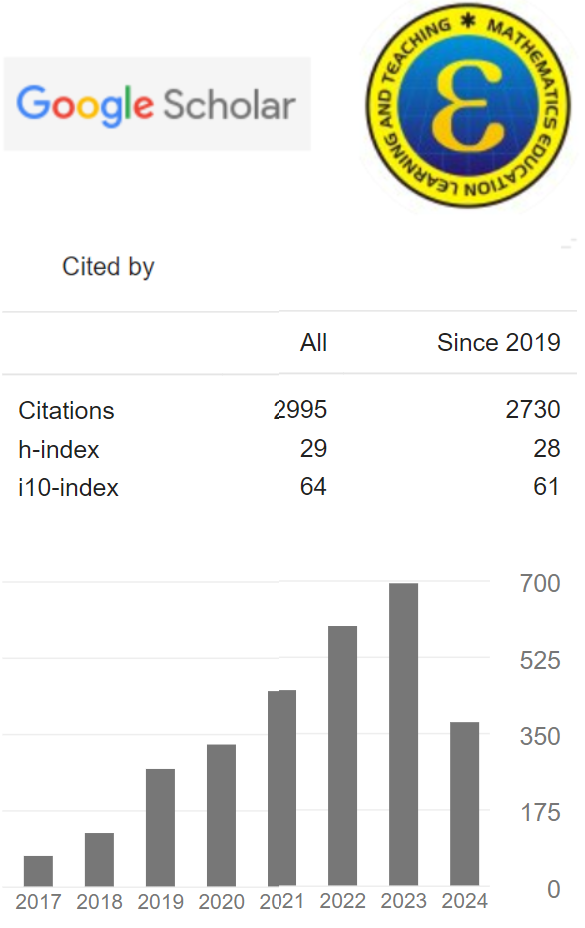| Journal title | EduMa: Mathematics Education Learning and Teaching |
| Abbreviation | EduMa |
| ISSN | 2502-5309 (e) 2086-3918 (p) |
| Editor-in-Chief | Widodo Winarso |
| Managing Editor | Arif Abdul Haqq & Sirojudin Wahid |
| Publication frequency | 2 times in a year (July & December) |
| Type of peer-review | Double-blind |
| Indexing | SINTA, Google Scholar, Garuda |
| Journal Rank | SINTA 3 (National Accreditation) |
| Publishing Model | Open Access (CC-BY 4.0) |
| Publisher | UIN Siber Syekh Nurjati Cirebon (Department of Tadris Matematika) |

The EduMa: Mathematics Education Learning and Teaching is a peer-reviewed journal that is dedicated to the dissemination of research outcomes, developmental initiatives, studies, and innovative ideas within the realm of Mathematics Education.
EduMa serves as a platform open to the public, welcoming a diverse audience that includes researchers, academics, practitioners, and observers of mathematics education. The journal's primary focus is on promoting high-quality research and scholarly contributions that significantly advance the field of Mathematics Education.
The journal is published by the Department of Tadris Matematika at UIN Siber Syekh Nurjati Cirebon (formerly IAIN Syekh Nurjati Cirebon). EduMa prioritizes articles that bridge the gap between academia and practical application in the field. The journal offers open access to its content and is licensed under a Creative Commons Attribution 4.0 International License.
We invite authors to review the guidelines carefully before submitting their work. To ensure a smooth review process, please ensure your manuscript aligns strictly with the EduMa template and writing style. Manuscripts that do not meet these criteria may be returned without review. We especially welcome and prioritize papers written in collaboration with international authors.
Announcements
Announcement: Volume 14 No 2 issue |
|
We welcome submissions to Volume 14, No. 2 issue. Topics covered include: please click here Deadline and submission details The submission deadline for all full papers is 15 November 2025. To submit your research, please visit here. Contact the Chief Editor and Associate Editor for an early discussion or expression of interest at eduma.iaincrb@gmail.com |
|
| Posted: 2025-07-13 | |
Announcement: Submissions Open: EduMa Vol. 15 No. 1 (July 2026) |
|
Dear Author, EduMa: Mathematics Education Learning and Teaching is now accepting research article submissions for publication in the mid-2026 edition.
EduMa: Mathematics Education Learning and Teaching will be ready for the new edition, Vol. 15 No. 1, July 2026. Submission Deadline: June 1st, 2026 |
|
| Posted: 2025-12-14 | More... |
| More Announcements... |
Vol 14, No 2 (2025)
Table of Contents
Articles
| Meta Analysis: Learning Model Problem Based Learning (PBL) To Improve Mathematical Creative Thinking Skills | |
| Kolili Kolili, Stevanus Budi Waluya, Bambang Eko Susilo | 389-400 |


.png)














